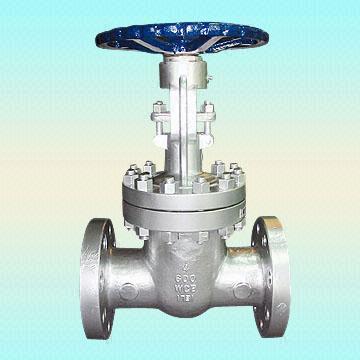
1. Corrosion Resistance.
The sealing surface of the valve is easy to corrode because of the medium. If the surface corrodes, its sealing performance cannot be guaranteed. Therefore, the material used for the sealing surface must be corrosion resistant. The corrosion resistance of materials mainly depends on their chemical stability.
2. Scratch resistance. "Scratch" means the damage of
sealing surface materials caused by friction during the relative movement of the surfaces, inevitably leading to the damage of the surfaces. Thus,
the sealing surface material must have good scratch resistance, especially the material of the
gate valve. The scratch resistance of materials tends to be determined by their internal properties.
3. Erosion resistance. "Erosion" means the gradual destruction of the sealing surface by the high-speed medium flow, usually seen in throttle valves and
safety valves used for high-temperature and high-pressure steam. Hence, erosion resistance is also one of the important requirements for selecting
sealing surface materials.
4. Material hardness is also of importance, and under the specified working temperature, the material greatly lose its hardness.
5. The coefficient of linear expansion of the sealing surface and the body material should be similar, which is more important for the structure of the seal ring, to avoid extra stress and looseness at high temperature.
6. When used at high temperature, the material should have sufficient oxidation resistance, thermal fatigue resistance. At present, it is very difficult to find
sealing surface materials that meet all the above requirements. The material can only meet certain requirements according to different valve types and uses. For example,
the sealing surface material of valves used in high-speed media should be with good erosion resistance. And if the medium contains solid impurities,
the sealing surface material with higher hardness should be selected.
